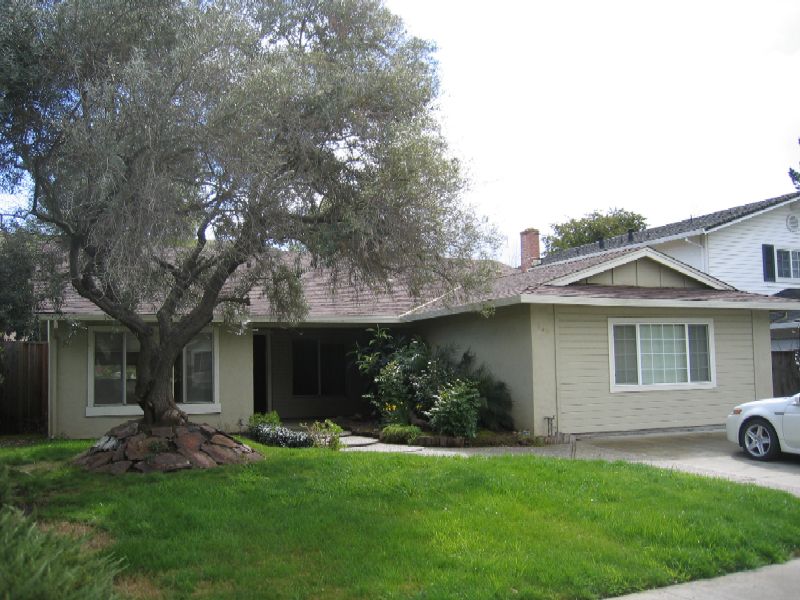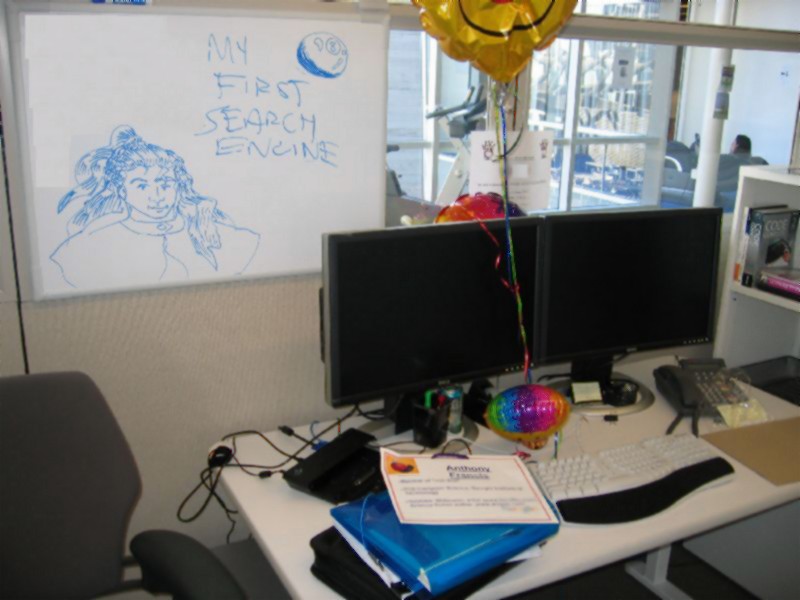
Bwah ha ha! Inspirational posters a la Star Trek, already familiar to anyone who reads Slashdot, of course...
Words, Art & Science by Anthony Francis

















.... the general idea is that a small GPS device, which knows its location by receiving satellite signals, is placed inside the vehicle ... The Fourth Amendment provides no protection. The U.S. Supreme Court said ... that Americans have no reasonable expectation of privacy when they're driving on a public street. Even more shocking are additional ideas that bureaucrats are hatching .... . A report prepared by a Transportation Department-funded program in Washington state says the GPS bugs must be made "tamper proof" and the vehicle should be disabled if the bugs are disconnected ... [and outlines] a public relations strategy (with "press releases and/or editorials" at a "very early stage") to persuade the American public that this kind of contraption would be, contrary to common sense, in their best interest.
"No other elected official, to our knowledge, has made a greater contribution over a longer period of time ... As far back as the 1970s Congressman Gore promoted the idea of high speed telecommunications as an engine for both economic growth and the improvement of our educational system ... Our work on the Internet started in 1973 and was based on even earlier work that took place in the mid-late 1960s. But the Internet, as we know it today, was not deployed until 1983. When the Internet was still in the early stages of its deployment, Congressman Gore provided intellectual leadership by helping create the vision of the potential benefits of high speed computing and communication ... No one in public life has been more intellectually engaged in helping to create the climate for a thriving Internet than the Vice President."
I'll be offering my vision when my campaign begins. And it will be comprehensive and sweeping. And I hope that it will be compelling enough to draw people toward it. I feel that it will be. But it will emerge from my dialogue with the American people. I've traveled to every part of this country during the last six years. During my service in the United States Congress, I took the initiative in creating the Internet. I took the initiative in moving forward a whole range of initiatives that have proven to be important to our country's economic growth and environmental protection, improvements in our educational system.
...though Bloglines users are reporting problems with the fanu fiku atom
feed. More in a bit.
-the Centaur